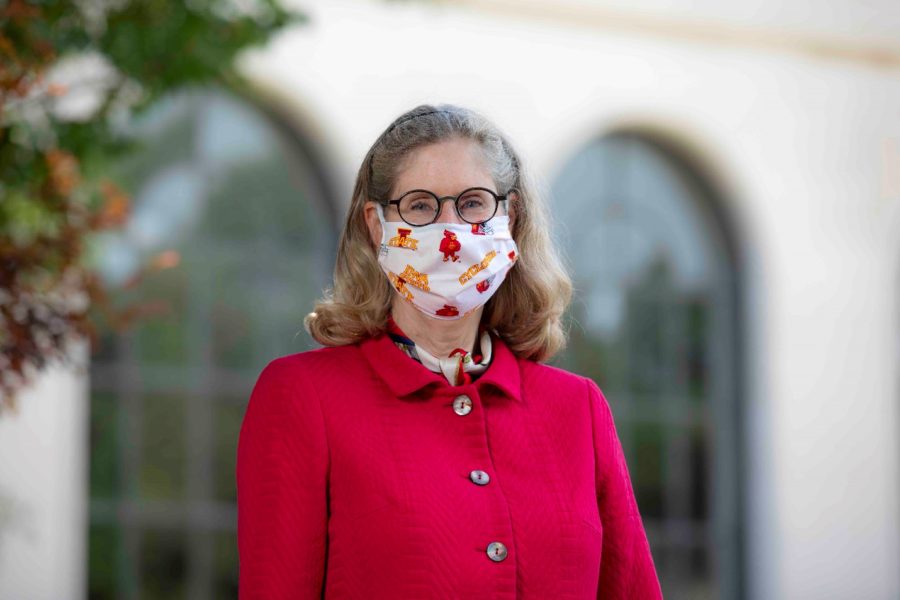Iowa State responds to new quarantine guidelines
Iowa State President Wendy Wintersteen addressed how the university will respond to the new quarantine guidelines announced by the Iowa Department of Public Health.
September 30, 2020
How Iowa State will respond to the Iowa Department of Public Health’s (IDPH) new quarantine guidelines was addressed by President Wendy Wintersteen in a Wednesday email.
The IDPH announced quarantine is no longer recommended if the individual who has contracted COVID-19 and their close contacts were both wearing face coverings consistently and correctly during their interaction. This applies to business, education and childcare settings; not household and healthcare settings. Iowa State is applying updated guidance.
Wintersteen said there is a difference between quarantine and isolation, “Quarantine keeps someone who has had close contact with a positive case away from others. Isolation keeps someone who has tested positive for COVID-19 away from others.”
University data has not shown evidence of transmission of COVID-19 in classrooms where cloth face coverings are required. According to data from the university’s contact tracing process, almost 98% of individuals required to quarantine were exposed to COVID-19 in non-classroom settings.
Face coverings will still be required in all classroom and campus settings, and must be worn over both the mouth and nose. Individuals in close contact with others while not properly and consistently wearing face coverings will be required to quarantine.
Those in close contact with individuals with COVID-19 are still strongly encouraged to get tested within 48 hours of exposure and required to report symptoms daily to the Thielen Student Health Center.
“The university’s robust mitigation strategies remain in place,” Wintersteen said. “Reduced campus density and classroom capacity, enhanced cleaning, targeted testing, isolation of confirmed cases, social gathering policy for on-and off-campus, and the Cyclones Care behaviors.

















